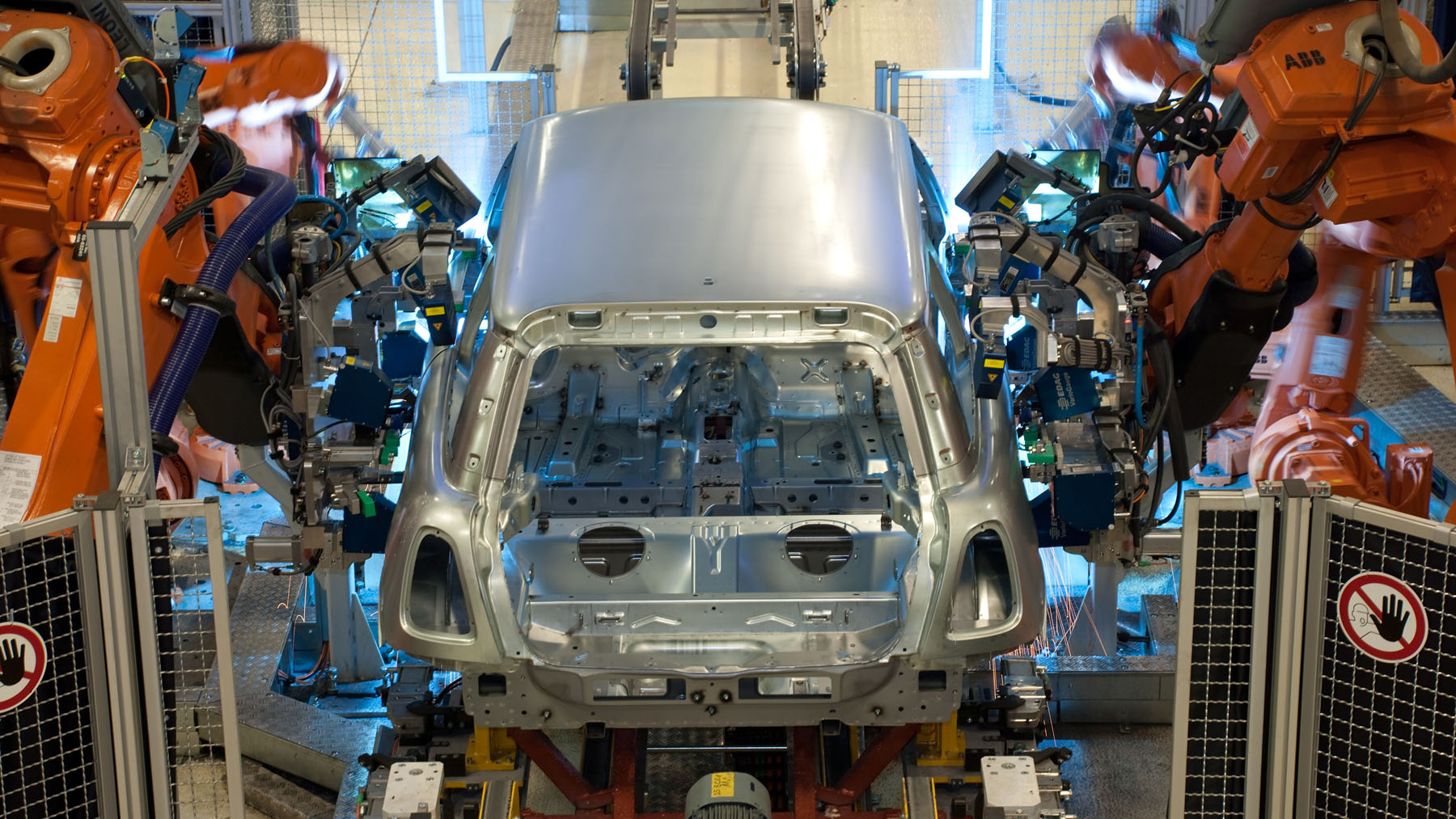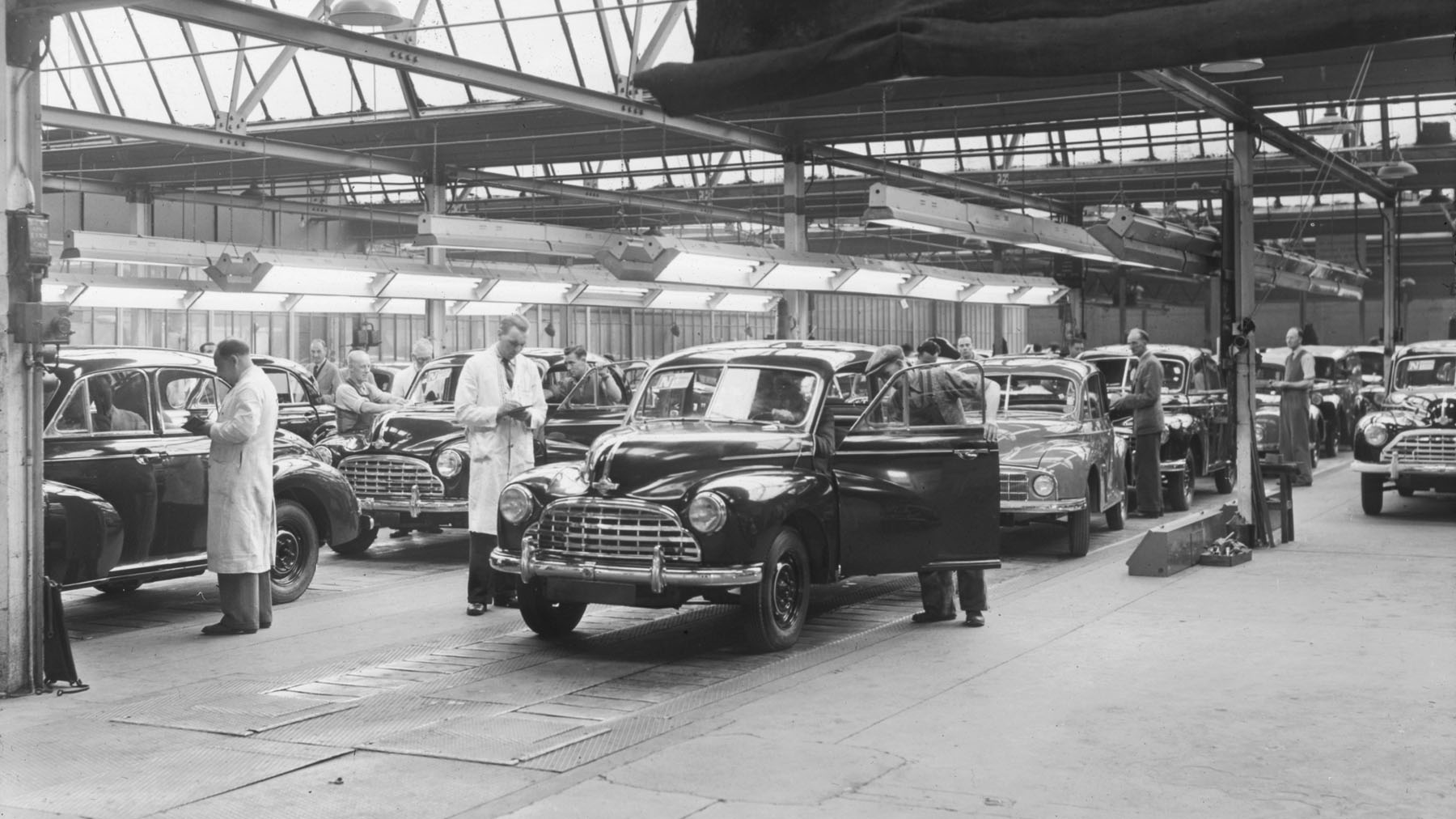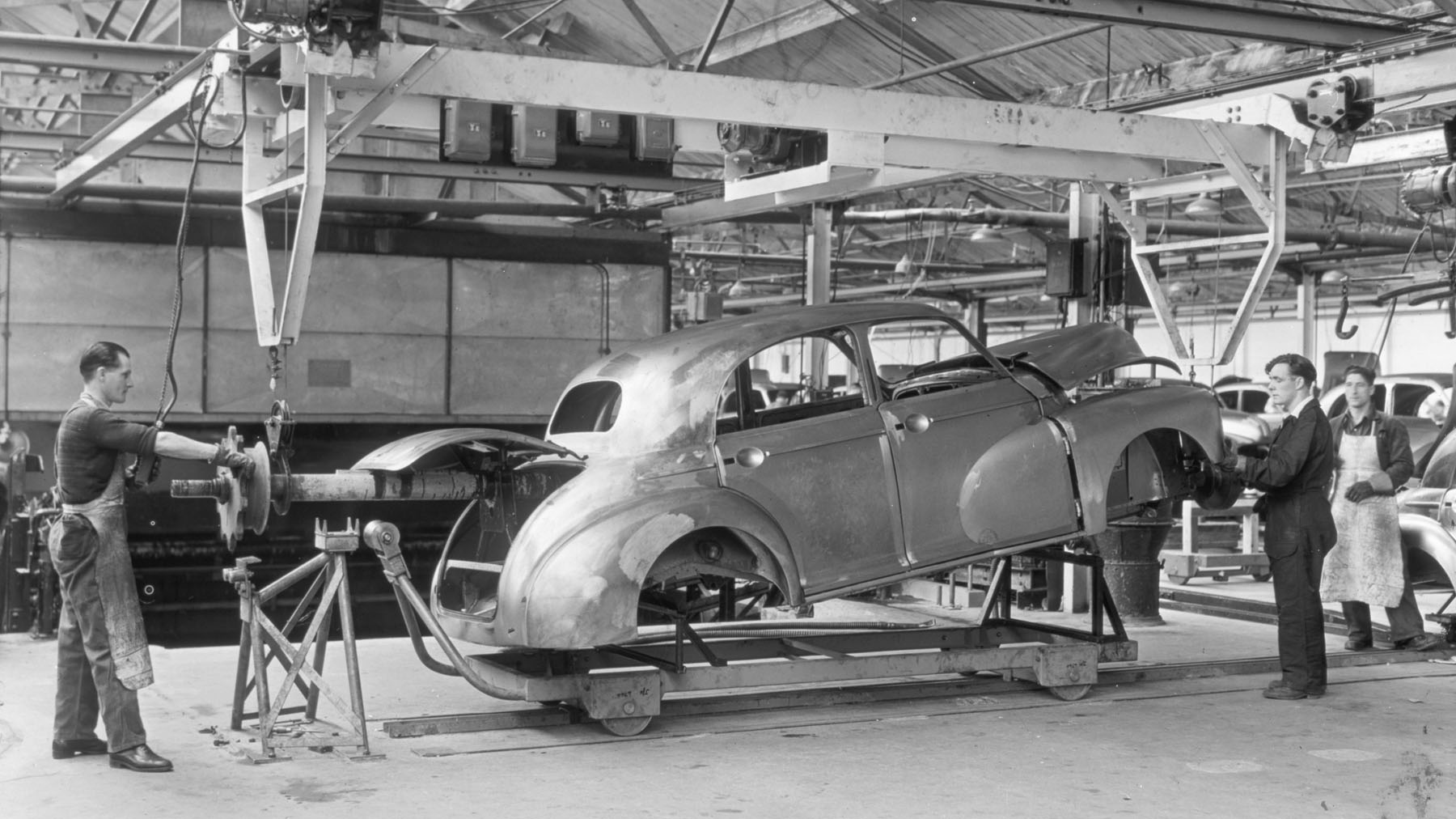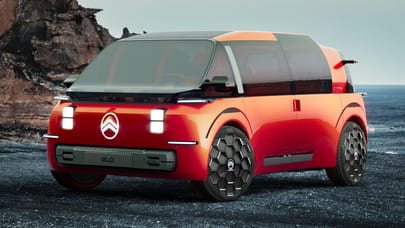
The UK is making fewer cars than it did in 1957
But electric cars are here to save us, so don’t worry
UK car production has fallen to its lowest point in 66 years. According to figures released by the Society of Motor Manufacturers and Traders (SMMT), the annual figures for the number of new cars made in 2022 in the UK fell by almost 10 per cent.
Semiconductor chip shortages - which have affected plants around the world - and the closure of Honda’s Swindon and Ford’s Bridgend plants have dealt devastating blows to the overall figures in recent months. The difficulties have also been exacerbated by the aftermath of the Covid pandemic, during which deliveries of components were paused to deal with the viral outbreak.
As a result, more than 84,000 fewer cars were built in contrast with 2021’s numbers. And that compares even more starkly with the 40.5 per cent decrease in production from a pre-pandemic 2019 - that converts into almost 500,000 cars.
But it wasn’t all bad news. The UK’s foresight in getting the jump on in the electric vehicle market means the increased EV demand has mitigated some of the damage, as has its commitment to being a market-leading specialist, performance and luxury car production nation.
Total battery-electric car production set new records meaning EVs now account for over 30 per cent of new cars made. What’s more, exports of electric models produced in the UK and sent elsewhere have generated seven times the amount since 2017, now totalling a cool £10 billion.
Mike Hawes, SMMT chief exec, said: “These figures reflect just how tough 2022 was for UK car manufacturing, though we still made more electric vehicles than ever before – high value, cutting edge models, in demand around the world. The potential for this sector to deliver economic growth by building more of these zero emission models is self-evident, however, we must make the right decisions now.
“This means shaping a strategy to drive rapid upscaling of UK battery production and the shift to electric vehicles based on the UK automotive sector’s fundamental strengths – a highly skilled and flexible workforce, engineering excellence, technical innovation and productivity levels that are amongst the best in Europe.”
Hawes' pleas come off the back off the news last weekend that battery start-up Britishvolt - which had grand ambitions to build a £3.8bn battery-making ‘gigafactory’ in Northumberland - could not broker a finance deal sufficient to save them from collapse. Australian start-up Recharge Industries has submitted a non-binding offer to revive the plans for the plant near the Scottish border.
Top Gear
Newsletter
Thank you for subscribing to our newsletter. Look out for your regular round-up of news, reviews and offers in your inbox.
Get all the latest news, reviews and exclusives, direct to your inbox.
Trending this week
- Car Review
BMW 1 Series
- Top Gear's Top 9
Nine dreadful bits of 'homeware' made by carmakers










